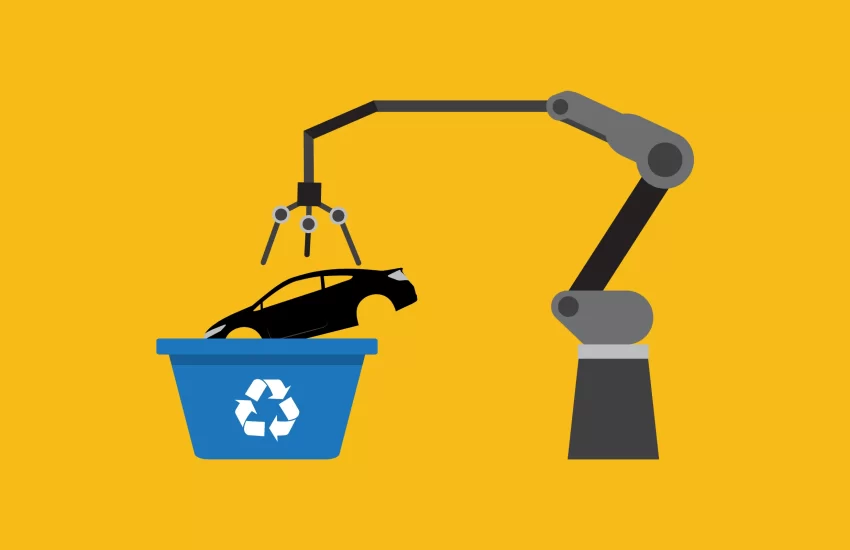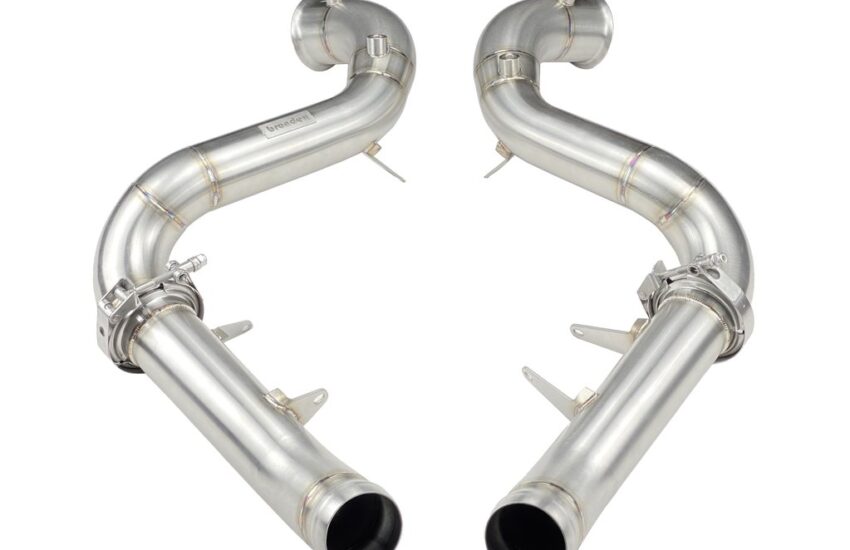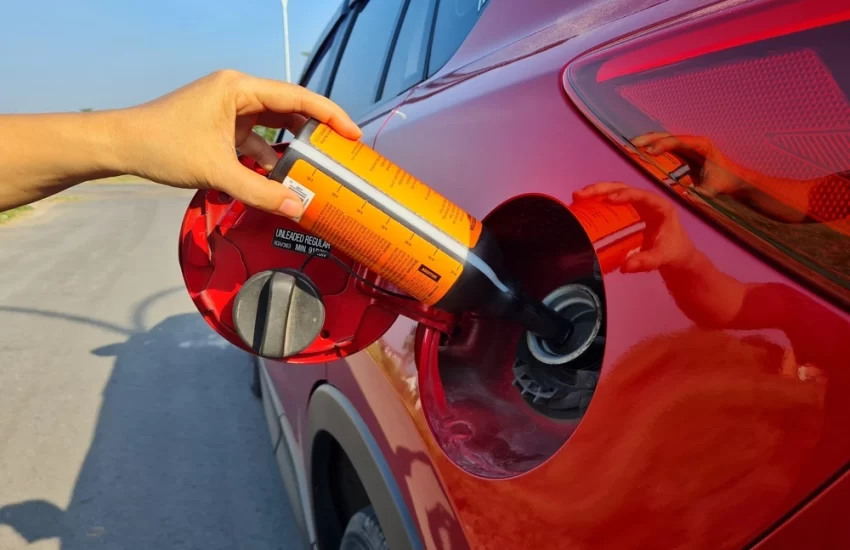How to Buy Cars at Auction and Obtain a License for Dealer Auctions
Car auctions are an excellent way to purchase vehicles at competitive prices, often significantly lower than retail. Many people, including dealers, turn to auctions to buy cars for resale or personal use. However, gaining access to dealer auctions and buying cars at these events requires some preparation and often, a specific license. This guide will walk you through the basics of car auctions, how to buy cars at auction, and how to obtain a dealer auction license.
1. Auction Cars: An Overview
Buying auction cars offers a unique opportunity to acquire vehicles at lower prices. Auctions include a variety of vehicles, from trade-ins and repossessions to government-owned cars. These auctions are either public, where anyone can bid, or dealer-exclusive, which require a dealer license.
Public Auctions: Open to anyone, public auctions typically offer used cars that may not meet retail standards but still offer good deals. It’s important to research the auction house and inspect the vehicles beforehand.
Dealer-Only Auctions: These auctions are restricted to licensed dealers, offering a wider selection of vehicles, often in better condition than those at public auctions. Dealer auctions typically have more recent models and vehicles directly from manufacturers or leasing companies.
2. How to Buy Cars at Auction
Buying cars at auction can be simple if you understand the process and have the right tools. Here’s a step-by-step guide:
Research the Auction: Before attending, check the auction house’s inventory and understand their bidding rules. Some auctions provide detailed information about each car, including vehicle history reports and condition descriptions.
Set a Budget: It’s easy to get caught up in the bidding process, so set a budget beforehand and stick to it. Consider not just the purchase price, but also any repairs or upgrades the vehicle may need.
Inspect the Cars: Many auctions allow you to inspect the cars before the auction starts. Bring a mechanic if possible to help identify potential problems.
Bid Strategically: Stay calm and avoid overbidding. Auctions can move quickly, so be prepared to make fast decisions but don’t bid more than you can afford.
3. Dealer Auctions
Dealer auctions are the best place to find high-quality, newer model vehicles. They are exclusive to licensed dealers, which makes access more competitive but offers better vehicles, often at wholesale prices. Dealer auctions often offer fleets, rental cars, and trade-ins that haven’t made it to retail lots yet.
Types of Dealer Auctions: These include off-lease vehicles, rental car sales, repossessed vehicles, and manufacturer auctions. These cars are generally in better condition than what you might find at public auctions.
How Dealer Auctions Work: You can bid in person or online, depending on the auction format. Most dealer auctions require immediate payment if you win a bid, so ensure your financing is in order.
4. How to Get a License to Buy Cars at Auctions
To gain access to dealer auctions, you will need a dealer license, which allows you to purchase vehicles wholesale and resell them to consumers. Here’s how to obtain one:
Research Your State’s Requirements: Every state has different rules for issuing dealer licenses. Generally, you will need to register a business, secure a business location, and carry a bond or insurance.
Complete a Pre-Licensing Course: Some states require applicants to take a training course that covers state-specific regulations and industry practices.
Submit Your Application: You’ll need to fill out an application and submit supporting documents such as proof of business registration, a sales tax number, and sometimes a criminal background check.
Pass a Location Inspection: Many states require you to maintain a physical location with a visible sign and space to display vehicles for sale.
Pay Fees and Obtain a Surety Bond: Fees vary by state, but you may also need a surety bond as part of the application process. This bond protects consumers if your business engages in fraudulent practices.
5. Car Auctions: What to Expect
At car auctions, cars are typically sold “as is,” meaning there are no warranties, and you assume all risks associated with the vehicle. Here’s what to expect when attending a car auction:
Fast-Paced Environment: Auctions move quickly, so you’ll need to make decisions fast. Practice bidding online or visit auctions to observe before participating.
Potential Bargains: If you’re well-prepared and do your research, you can find incredible deals on cars that would otherwise sell for much more at a dealership.
Additional Fees: Remember to account for auction fees, which can add a few hundred dollars to the total purchase price. These fees vary by auction but typically include a buyer’s fee based on the final bid amount.
Car auctions offer a great opportunity for both individual buyers and dealers to acquire vehicles at a fraction of the cost. While public auctions are open to everyone, accessing dealer-only auctions requires a dealer license. Obtaining this license involves registering a business, attending a pre-licensing course, and submitting the required documents. Once you have the license, you can take full advantage of dealer auctions and buy cars at wholesale prices for resale or personal use.



